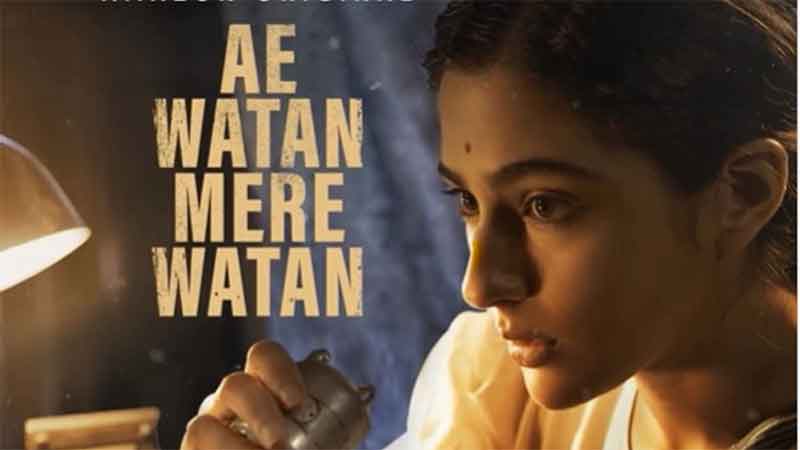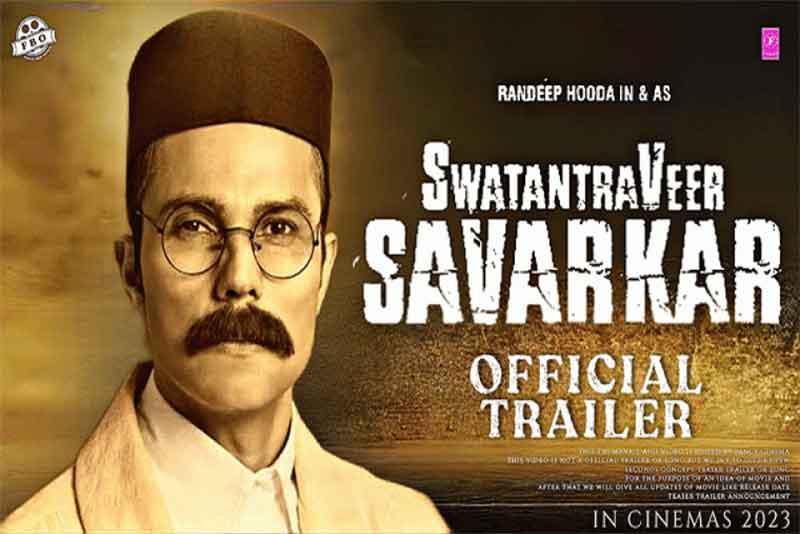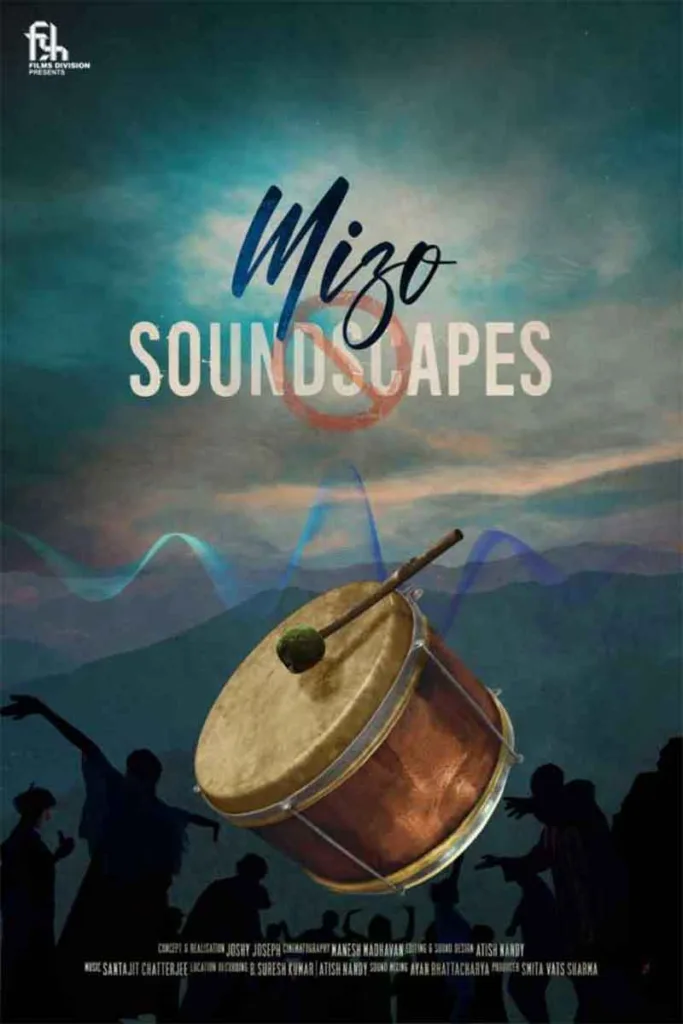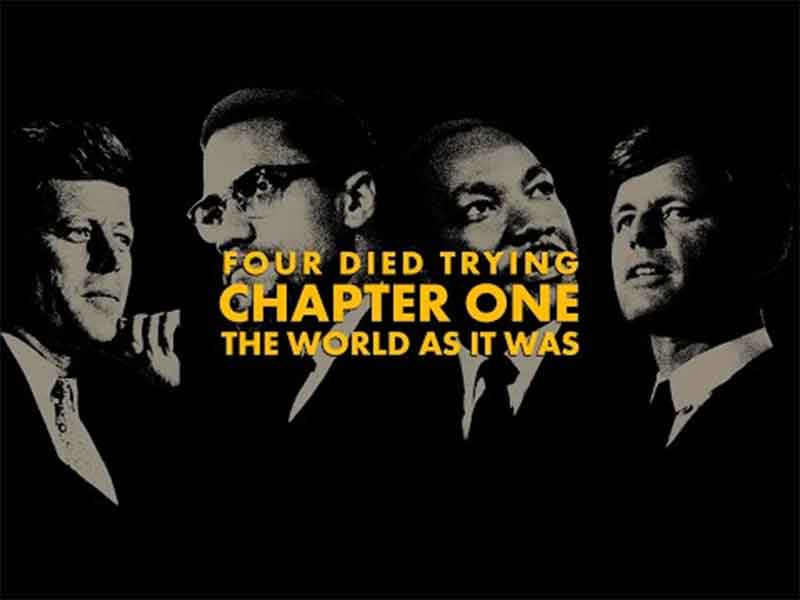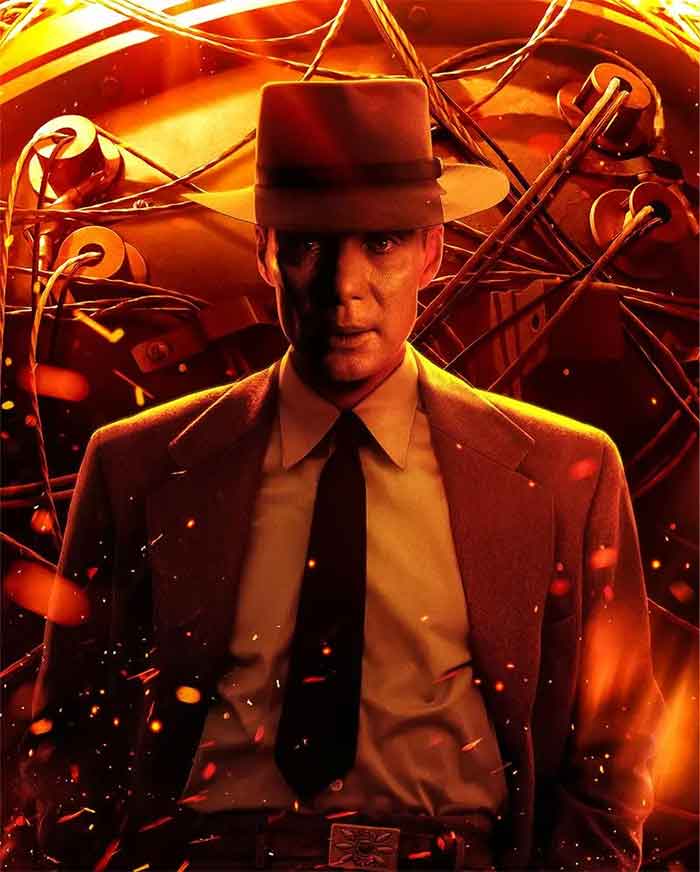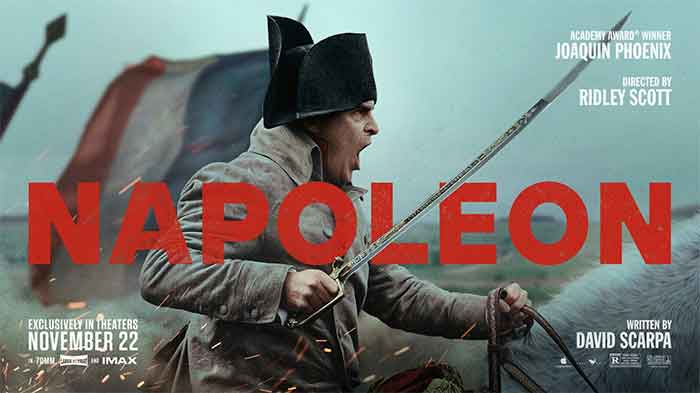
Ridley Scott’s latest Napoleonic-era endeavor is based on the life of arguably the world’s most-studied King, Napoleon Bonaparte. Of course, it is titled “Napoleon”; as many autobiographies do but it’s not like that at all. Though I used the term ‘life’ of Napolean, the released two-and-a-half-hour-long theatrical cut (as a four-hour long would be released in Apple+ TV) took the timeline from 1793 to 1815.
Scott’s 28th feature is like a full circle of him making movies. His brilliant debut “The Duellists”(1977) was a Napoleonic-era tale starring Hervey Keitel and Keith Carradine in the main roles of two French lieutenants. The film was praised for its costumes, brilliant imagery, and historical accuracy. Again, Scott made another feature titled “The Last Duel” (2021), which is another French historical; duel for life between two knights played by Adam Driver and Matt Demon. So with conviction, we can say that Ridley Scott has an obsession with French history, particularly with what is related to the time of Napoleon and he made them so well with accuracy being the key always. But here on the contrary, he didn’t choose to give us a mere historical document, or another historical epic to consume but he dwelled upon the ‘life’ of Napoleon Bonaparte in an unswerving way.
“I had experience as my advantage, but I will win by fire”- a dialogue suited for a military general of Napoleon’s war heroics. But here’s the catch- it is a film about a frail masculine man who happens to be the most brilliant war strategist. A formidable woman in Josephine made Napoleon reach such charismatic heights in his career. His war in Egypt made us believe so. Napolean played by Joaquin Pheonix, is different than others who played this role before. The very character of this most distinguished French Emperor is palpable and unstable; he is an obsessive lover, a man who loved France the most, he built an army to conquer the world but couldn’t produce an heir, a man who always keeps his hands in his ear when commanding for the cannons to fire, a man who is personal rather than public. Scott filmed Napoleon so brilliantly from the start as we see a man who is disturbed by the visuals of guillotined Marie Antoinette, who is shattered when he reads about his wife’s affair, a man who desired to conquer Europe but couldn’t be separated from his wife despite the divorce. Despite being the story of the French emperor, the lack of a French accent is somewhat of a drawback.
Bonaparte is not a larger-than-life figure as we so often assumed; more so a man- Scott takes us on that journey. What’s most interesting is that the British filmmaker made a film about the most disputed and sought-out man in history but with the help of a woman, Josephine Bonaparte; wife of Napoleon Bonaparte, the empress of France played by Vanessa Kirby. It is a film that is very much based upon the love life of Napoleon– where we get to see him vulnerable, loved, cheated, and inspired by Josephine. The relationship between Napoleon and Josephine is the main crux of the film, for the most part, it’s a journey that will take us to the psyche of the wittiest military general in history. The depicted love life between them is cold yet emphatic, problematic yet passionate, uncomfortable yet codependent, and toxic yet stimulative. Kirby and Phoenix’s on-screen chemistry and the lightly toned mise-en-scene did justice to what Scott intended to portray.
Now, a film about Napoleon can’t exist without the wars he fought, that people read about in history books. Scott did justice to that as well. There are 6 wars in the film and the war of Austerlitz, which is considered pivotal in Napoleon’s life is filmed with utmost care. A truly cinematic sequence to say the least, and an enigmatic background score by Martin Phillips accompanies the whole spectacle. It is a combination of ice, fire, and blood, every time we see a chunk of ice we hear a fire and the screen is cut by the blood, it can only be compared with a Mozart piece – an intimidating war sequence altogether. Afterward, we get to see the Battle of Waterloo, and unlike Sergei Bonderchuck; Scott not only comprises this chapter of his film with the ever-discussed strategies of The Duke of Wellington but he also delves deeper into the psyche of Napoleon. You can’t get to see a losing battle every day when you are “the” Napoleon Bonaparte and even if you see how the opponent outwitted you on that very battlefield how you felt is important to be filmed. After all, cinema is not a history book and a filmmaker is not a historian, to say the least, Ridley Scott produced an example by large and far. The pace of the narrative sometimes baffles the audience as sometimes it is too pacy, crafted carefully with a proper pace.
However, there was a buzz and anticipation around this film, as once Stanley Kubrick announced his desire to make Napoleon that didn’t happen. Here, Ridley Scott had to fight against the shadow of Kubrick looming large on him, as previously we saw the inspirations he had drawn from Kubrick. But the veteran not only surprised us but he showed the craftmanship he had in epics over the years and secured his “ auteur” status ever so prominently. Lastly, if one can’t love his epics one definitely can’t ignore them also. Hence “Napoleon” marks another piece of art in Ridley Scott’s artistic oeuvre.
Subhasish Bhowmick is a film scholar, reviewer, and short filmmaker from Kolkata.

